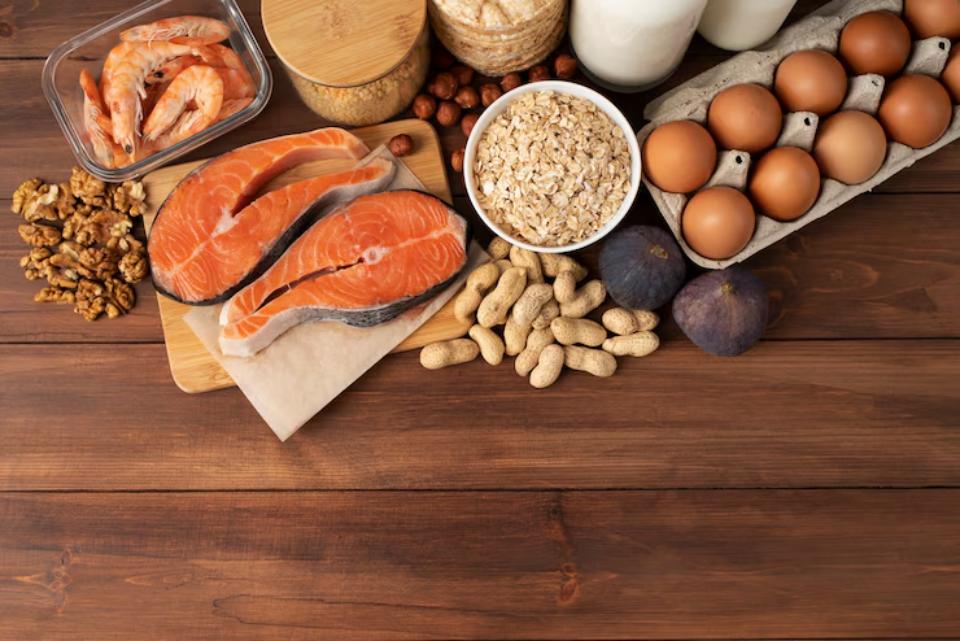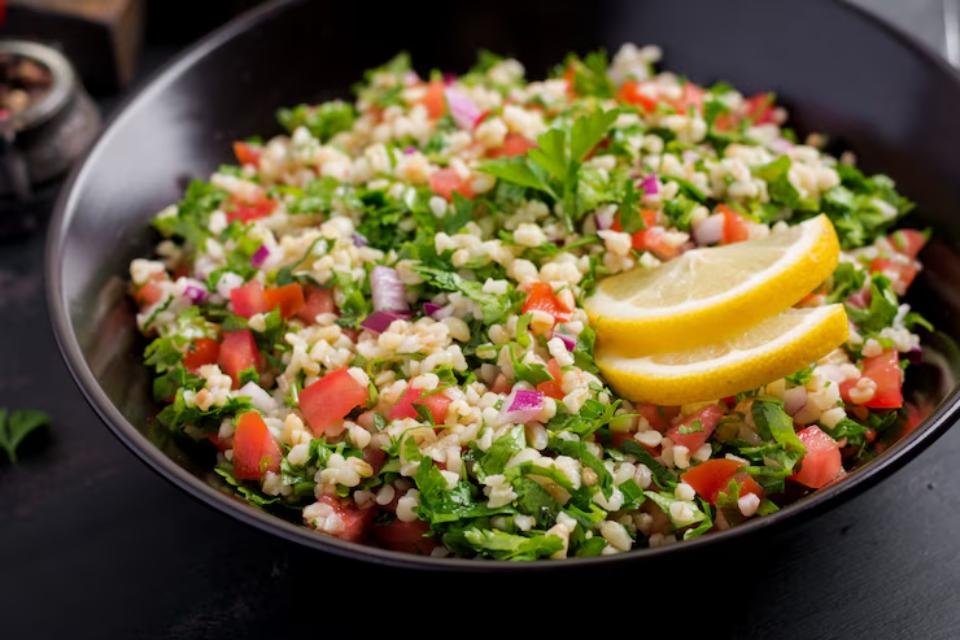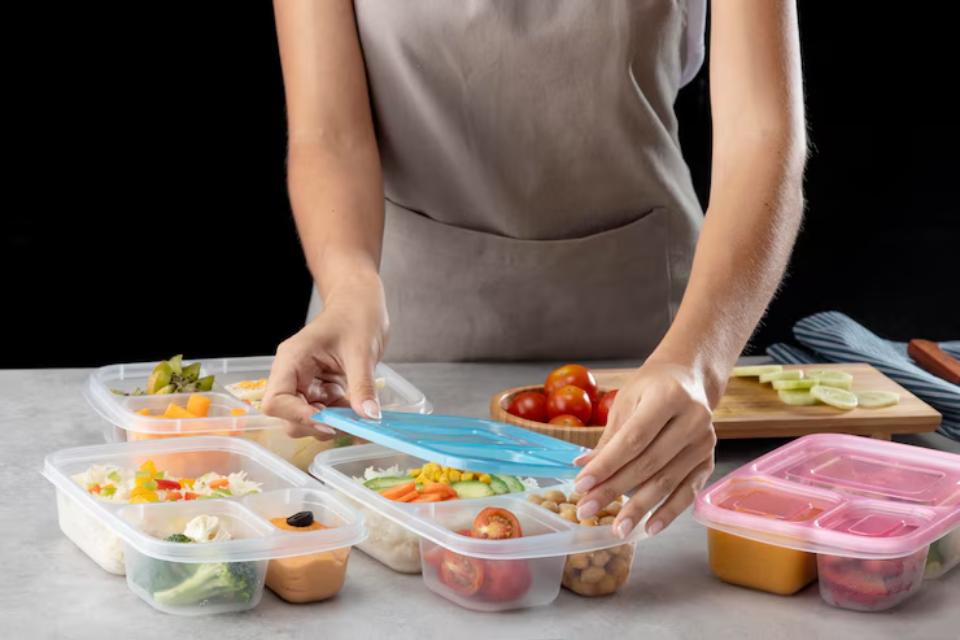
Nutrition Tips That Boost Energy When You’re Sleep-Deprived
You’re running on fumes, barely slept a wink, and still expected to power through the day — welcome to the sleep-deprived life. Whether you’re a new mum navigating the ups and downs of postpartum recovery or someone stuck in a cycle of long nights and early mornings, exhaustion can feel like a relentless companion.
And while you might not be able to sneak in extra hours of shuteye, you can turn to your plate for a powerful solution. That’s right — what you eat can make a world of difference in how energised (or drained) you feel throughout the day.
In this article, we’ll unpack practical, science-backed nutrition tips to help you reclaim energy — even when sleep isn’t on your side. From energy food for mums to easy postpartum energy meals, you’ll learn how to fuel your body and mind for stamina, clarity, and resilience.
Why Sleep Deprivation Drains Your Energy Reserves
The Biology Behind the Fog
When you’re sleep-deprived, your body goes into survival mode. Cortisol — the stress hormone — spikes, while insulin sensitivity plummets. This not only leads to cravings for sugar and caffeine but also hampers your body’s ability to convert food into usable energy.
Symptoms like:
- Brain fog
- Mood swings
- Blood sugar crashes
- Constant fatigue
are common and worsened by poor dietary choices.
So, reaching for a doughnut or a third cup of coffee may feel instinctive, but it’ll likely backfire.
Power Foods That Help You Stay Energised
1. Complex Carbohydrates: Your Brain’s Best Friend
Simple carbs (think pastries, white bread) may offer a quick lift, but they cause a rapid crash. Instead, prioritise complex carbohydrates for a steady release of glucose, your brain’s primary fuel.
Great options include:
- Oats
- Sweet potatoes
- Brown rice
- Quinoa
- Whole grain toast
These foods offer fibre, vitamins, and slow-digesting energy, helping you stay alert without the rollercoaster.
2. Protein-Rich Foods: The Unsung Heroes

Protein doesn’t just build muscle — it also helps regulate blood sugar and keeps you full longer. This reduces the temptation to snack on sugary treats when fatigue sets in.
Top sources for energy food for mums:
- Eggs (boiled, scrambled, or poached)
- Greek yoghurt
- Lentils
- Tofu
- Chicken breast
Postpartum mums especially benefit from iron-rich proteins, helping combat the common energy dips associated with postpartum anaemia.
3. Healthy Fats: Long-Lasting Fuel
Contrary to the low-fat myth, good fats are essential for brain function and stamina. They provide a slow-burning source of energy that complements protein and complex carbs.
Nutrient-dense choices:
- Avocados
- Chia seeds
- Nuts (almonds, walnuts, cashews)
- Olive oil
- Fatty fish like salmon and mackerel
Incorporating omega-3s is particularly beneficial for postnatal mood support and cognitive health.
Easy, Energising Meals When You’re Running on Empty
Breakfast Ideas That Don’t Require a Chef’s Hat
When mornings are hectic — or you’ve been up all night — simplicity is key.
Try these combos:
- Overnight oats with almond butter and banana
- Scrambled eggs with spinach and whole grain toast
- Greek yoghurt parfait with berries and granola
Looking to simplify postpartum planning? Our guide on how to establish a newborn bedtime routine in 7 days can help create structure that supports both your baby’s sleep and your own rest, making mealtime planning easier too.
Lunch That Lifts You (Not Weighs You Down)

Avoid heavy, greasy lunches that lull you into an afternoon slump.
Go for:
- Quinoa salad with chickpeas, feta, and cherry tomatoes
- Wholegrain wrap with grilled chicken, hummus, and veg
- Lentil soup with a boiled egg and seeded crackers
Looking to simplify postpartum planning? Our guide on how to troubleshoot common newborn sleep problems explores how to save time and energy during recovery.
Snacks That Won’t Spike Your Sugar
Energy slumps hit hardest in the mid-morning and mid-afternoon. Having smart snacks on hand can be a game-changer.
Keep these within arm’s reach:
- Nut butter with apple slices
- Cottage cheese with pineapple
- Trail mix with dark chocolate bits
- Hummus with carrot sticks
Avoid high-sugar protein bars or vending machine nibbles — they’ll give you a brief boost followed by a bigger crash.
Hydration and Micronutrients: The Overlooked Energy Lifelines
Dehydration = Low Energy
Even mild dehydration can cause fatigue, headaches, and poor concentration. If you’re breastfeeding, your hydration needs are even higher.
Aim for:
- 8–12 cups of water daily
- Herbal teas like peppermint or rooibos
- Coconut water for electrolytes
Need more wellness tips? If you’re often up throughout the night, it’s worth exploring how to handle middle-of-the-night wake-ups like a pro for smarter overnight routines that pair well with daytime nutrition strategies.
Key Micronutrients for Sleep-Deprived Days
Sleep-deprived bodies are under extra stress, depleting certain vitamins and minerals faster. To keep your body firing on all cylinders, prioritise:
- Iron (lean meats, spinach, fortified cereals): combats anaemia-related fatigue
- Magnesium (pumpkin seeds, dark chocolate, legumes): aids in energy production and stress reduction
- Vitamin B12 (eggs, dairy, fish): essential for mental alertness
- Vitamin C (oranges, bell peppers, strawberries): supports immune function and iron absorption
If your diet falls short, consider discussing supplements with a health professional.
What About Coffee? The Good, the Bad, and the Better Alternatives
Let’s be real — for many of us, coffee feels like a lifeline. But overreliance leads to caffeine crashes, jitteriness, and disrupted sleep cycles.
Coffee tips for tired souls:
- Stick to 1–2 cups before noon
- Pair with protein (e.g., coffee and eggs) to avoid crashes
- Avoid energy drinks with excess sugar and caffeine
Looking for a gentler pick-me-up?
Try:
- Matcha (green tea powder with slow-releasing caffeine)
- Golden milk (turmeric latte with anti-inflammatory benefits)
- Herbal adaptogen blends (with ingredients like ashwagandha or rhodiola)
Need more wellness tips? You might enjoy reading how mindful eating routines can reduce mental fatigue.
Simple Meal Planning Hacks for Tired Days
1. Batch Cooking
Make large portions of soups, stews, or grains that you can reheat and mix with different proteins.
2. Frozen is Fine
Stock frozen veggies, pre-cooked brown rice, and smoothie packs — they’re just as nutritious and save loads of time.
3. Snack Stations

Keep small containers of snacks (nuts, cheese sticks, fruit) at eye level in your fridge or pantry — grab and go.
You Deserve to Feel Good — Even on No Sleep
Being sleep-deprived doesn’t mean you have to drag yourself through the day. While you might not always be in control of your sleep, you are in control of your nutrition. And by making intentional food choices, you can dramatically improve your energy, mood, and resilience.
From no sleep nutrition hacks to postpartum energy meals, your body thrives when fuelled with the right balance of nutrients. Take it one small change at a time — maybe start with a better breakfast, a smart snack, or just drinking more water today.
Because you’re doing enough. And with a few strategic food choices, you can feel more like yourself again — even on your most sleep-deprived days.
Ready to take back your energy? Start with one of the meals above and feel the difference by lunchtime.


